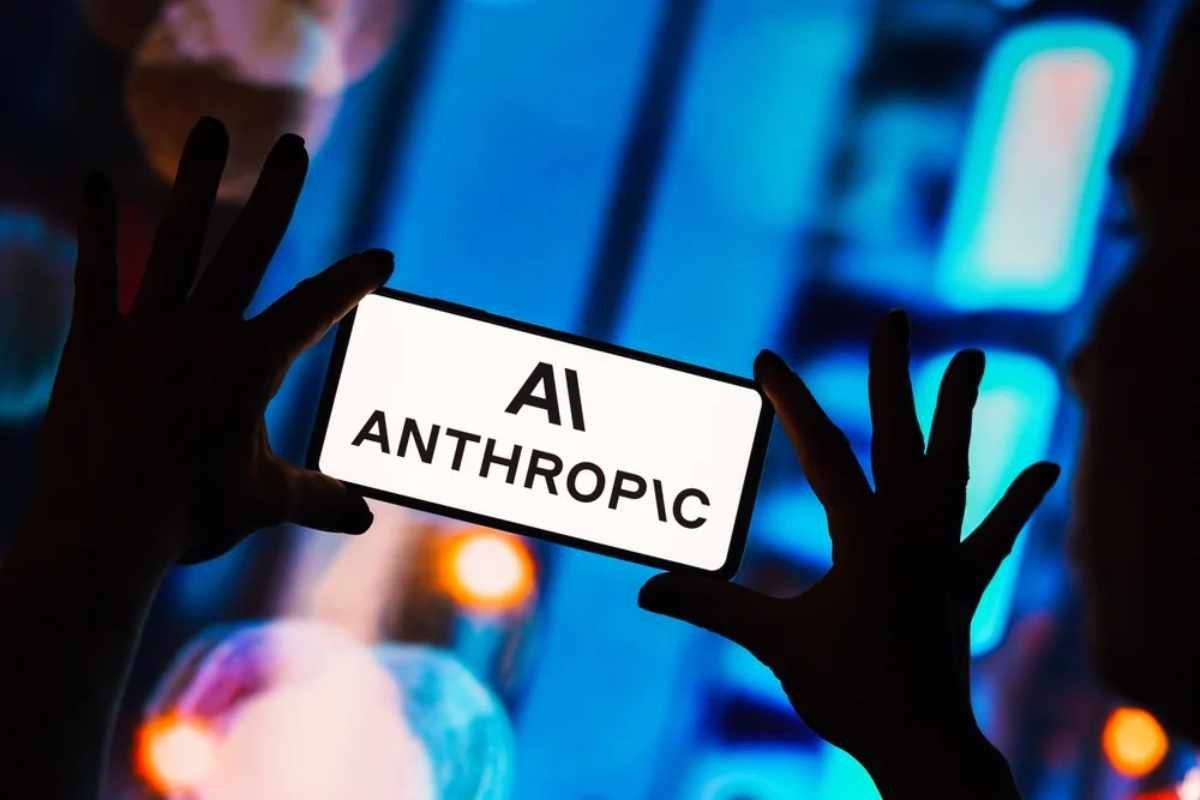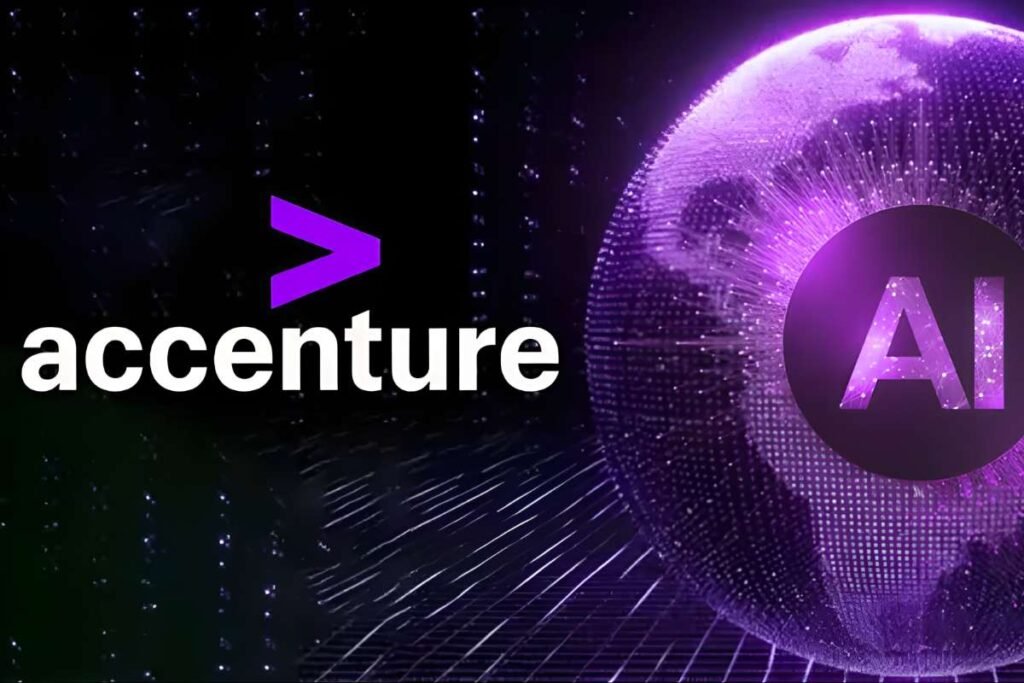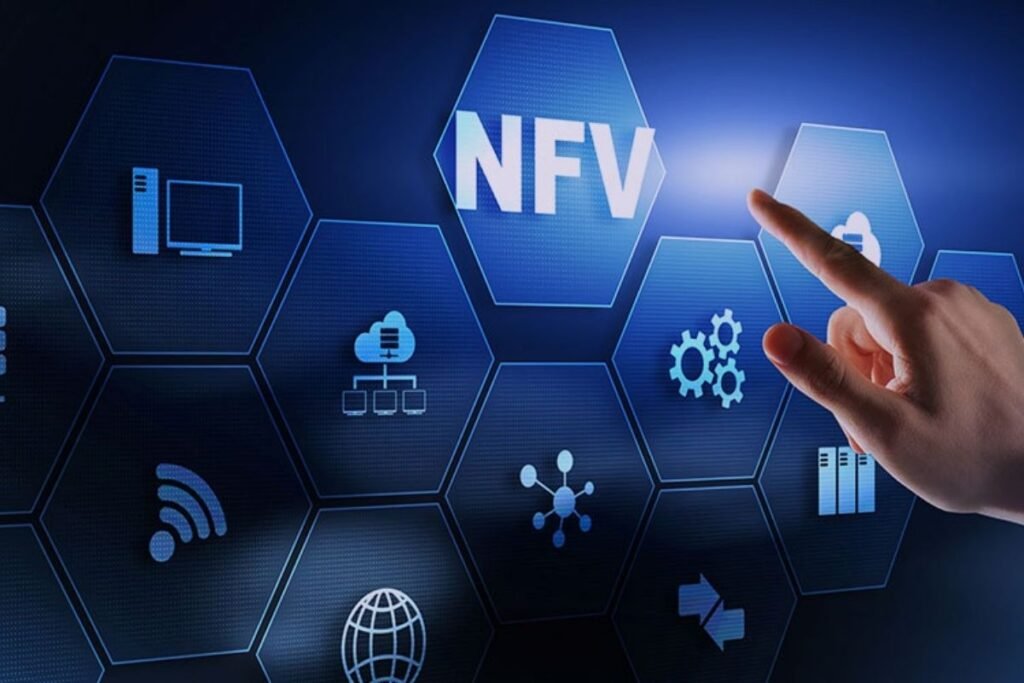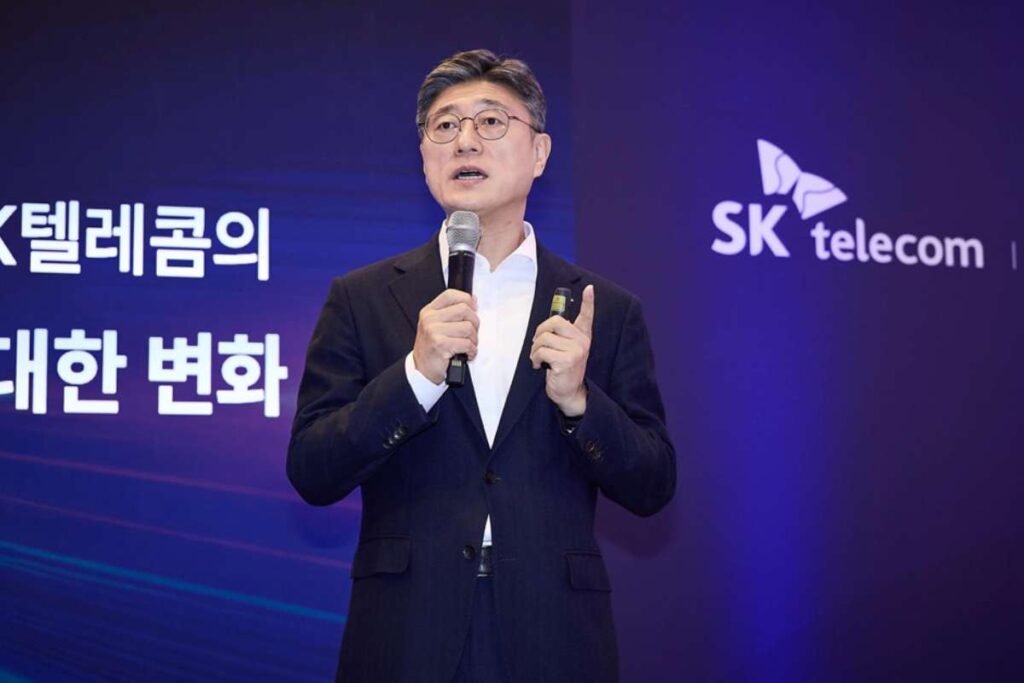Source – benzinga.com
Anthropic, the AI startup backed by Amazon, Google, and Salesforce, has been hit with a class-action lawsuit in California federal court, alleging large-scale copyright infringement. The lawsuit, filed on Monday, accuses Anthropic of building its business model and flagship AI model, Claude, by illegally using copyrighted books, including works by the plaintiffs.
Allegations and Lawsuit Details
Authors Andrea Bartz, Charles Graeber, and Kirk Wallace Johnson claim that Anthropic used pirated versions of their copyrighted books to train its large language models (LLMs). The lawsuit alleges that Anthropic downloaded and copied these works from illegal sources and incorporated them into its AI systems, which are central to its business operations.
The lawsuit argues that such actions violate copyright law, which prohibits unauthorized copying of copyrighted material. Anthropic has not yet responded to requests for comment on the case.
Previous Legal Issues
This lawsuit follows another legal challenge against Anthropic from October, where Universal Music and other music publishers sued the company for infringing on copyrighted song lyrics. The suit highlighted instances where Anthropic’s AI, Claude, produced near-exact copies of copyrighted lyrics in response to user queries, such as those for Katy Perry’s “Roar” and Gloria Gaynor’s “I Will Survive.”
The music publishers argue that Anthropic unlawfully used these lyrics to train its AI models, which they claim is akin to unauthorized copying and dissemination of copyrighted works.
Anthropic sued over copyright
Broader Industry Context
The legal battles involving Anthropic are part of a broader trend in the media and publishing industries, where organizations are increasingly taking legal action against AI companies. Many news organizations and publishers are concerned about AI-generated content and its potential impact on their revenue and intellectual property.
In June, the Center for Investigative Reporting sued OpenAI and Microsoft for alleged copyright infringement. This lawsuit, along with similar actions by The New York Times, The Chicago Tribune, and prominent U.S. authors, underscores the growing concern over how AI technologies use and potentially exploit copyrighted materials.
AI Partnerships and Content Deals
Amid these legal disputes, some news organizations are choosing to partner with AI companies rather than pursue litigation. OpenAI recently announced partnerships with Condé Nast and Time magazine. These deals will allow OpenAI to use content from various publications, including Vogue, The New Yorker, and Time, to enhance its AI products and services.
Similarly, OpenAI has established a partnership with News Corp to access articles from The Wall Street Journal and other News Corp publications. Reddit has also agreed to collaborate with OpenAI, enabling the company to train its AI models on Reddit content.
Conclusion
As AI technologies continue to evolve and integrate into various sectors, the legal and ethical implications of their use are becoming increasingly complex. The outcomes of these lawsuits could have significant implications for the future of AI development and its relationship with intellectual property rights.










